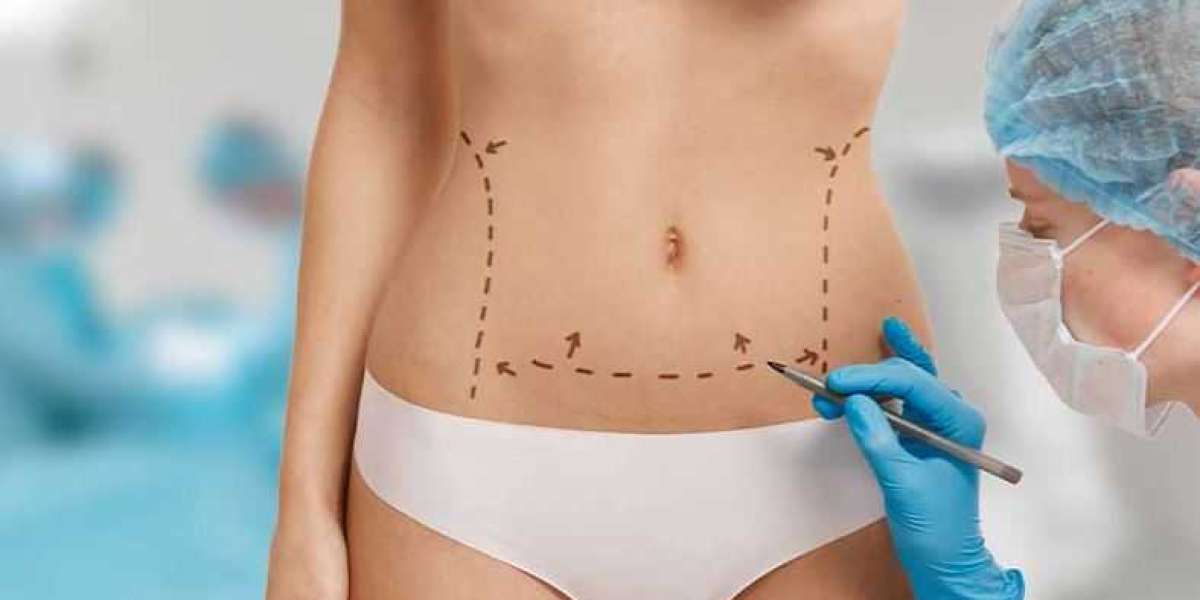In a world increasingly defined by digital image culture and evolving standards of beauty, body image has become a complex, often contradictory conversation. On one end, social movements emphasize self-love and body acceptance; on the other, the aesthetic industry continues to grow at record pace. In the middle of this paradox sits a procedure that has both shaped and been reshaped by societal attitudes—liposuction. Once viewed solely as a shortcut to slimmer silhouettes, it now finds itself under a more nuanced lens. The question is no longer just about whether we can alter our bodies, but whether we should—and, more importantly, why we want to.
The Historical Lens: From Vanity to Normalcy
The roots of modern cosmetic surgery stretch back centuries, but liposuction made its major debut in the late 20th century. Initially seen as a luxury procedure reserved for the wealthy elite, it quickly gained mainstream popularity. What started as a high-risk, high-reward operation became increasingly refined, safe, and widely accepted.
This normalization has come with mixed consequences. On one hand, greater access to the procedure has given individuals more autonomy over their appearance. On the other, it has blurred the lines between choice and cultural pressure. Was the decision ever entirely our own, or was it subtly dictated by a society obsessed with the "ideal" body?
Shifting Standards: The Rise of Body Positivity
Over the past decade, body positivity has emerged as a powerful cultural force. What began as a movement to support marginalized body types—those not often seen in media—has now become a global phenomenon. From fashion runways to Instagram feeds, inclusivity is no longer optional.
This shift has prompted people to reconsider their motivations for altering their bodies. Is the desire for a flatter stomach or more sculpted thighs coming from a personal desire or external influence? In the past, cosmetic procedures were often seen as a path to greater confidence. But in a body-positive era, self-confidence is increasingly framed as loving the body you’re in—not changing it to conform.
This doesn’t mean procedures like liposuction are inherently harmful or outdated. Instead, it signals a transition in how we view them: not as tools of transformation, but as options within a broader spectrum of self-expression.
Medical Advancement Meets Mental Health Awareness
Modern technology has dramatically changed how cosmetic procedures are performed. From ultrasound-assisted techniques to laser lipolysis, today’s methods are less invasive, more precise, and come with shorter recovery times. These advancements have made body contouring safer and more effective than ever before.
But alongside physical improvements, the conversation has expanded to include mental and emotional well-being. Surgeons now increasingly screen patients for psychological readiness. What are their expectations? Are they seeking a physical solution to an emotional struggle? The goal is no longer just to reshape the body, but to support the person as a whole.
This holistic approach acknowledges that health isn’t just about what we see in the mirror. It’s about how we feel when we look in the mirror. And sometimes, the most empowering choice is to embrace what’s already there.
The Influence of Social Media and Celebrity Culture
We can’t talk about modern body image without addressing the role of social media. Platforms like Instagram and TikTok have given everyone a platform—but they’ve also amplified unrealistic standards. Filters, editing apps, and curated feeds can make even the most confident person question their appearance.
Celebrities and influencers often shape public perceptions of beauty, intentionally or not. When high-profile figures openly discuss their cosmetic journeys, it helps destigmatize the conversation. However, it also raises the stakes. The line between authenticity and aspiration becomes harder to navigate.
This duality reflects a broader trend: the democratization of beauty procedures. Once secretive and elite, they are now widely shared and even live-streamed. The stigma has lessened, but the pressure? Arguably, it has grown.
Redefining Empowerment: The Freedom to Choose Without Pressure
Perhaps the most critical part of rethinking cosmetic procedures today is recognizing the importance of autonomy. True empowerment isn’t about rejecting liposuction—or any procedure—it’s about having the freedom to make that choice without judgment, shame, or coercion.
This means acknowledging both realities: some people feel empowered by changing their appearance, while others feel empowered by resisting the urge to. Neither choice is more valid than the other. The key is to make that decision from a place of self-awareness, not societal obligation.
In this new era, success isn’t measured by inches lost or likes gained. It’s about reclaiming the narrative around our bodies. It’s about asking deeper questions: What do I want? What makes me feel confident, comfortable, and whole? And most importantly, who am I doing this for?
Looking Ahead: A More Inclusive, Ethical Future
As the aesthetic industry continues to grow, its role in shaping self-image becomes more influential than ever. It has the power to uplift or undermine, to empower or pressure. The direction it takes depends not just on doctors and innovators, but on all of us—as consumers, as creators, and as cultural participants.
The future of cosmetic procedures must be grounded in ethics, inclusivity, and compassion. It must serve the individual, not the ideal. It must adapt to the growing understanding that beauty is not one-size-fits-all—and neither is confidence.
Rethinking liposuction, then, is not about dismissing it. It’s about placing it in the context of a broader movement: one that values mental health as much as physical change, that respects choice without pressure, and that redefines beauty on our own terms.
In the end, the scalpel is just a tool. True transformation begins in the mind—and in the mirror, with a reflection we choose to embrace.


